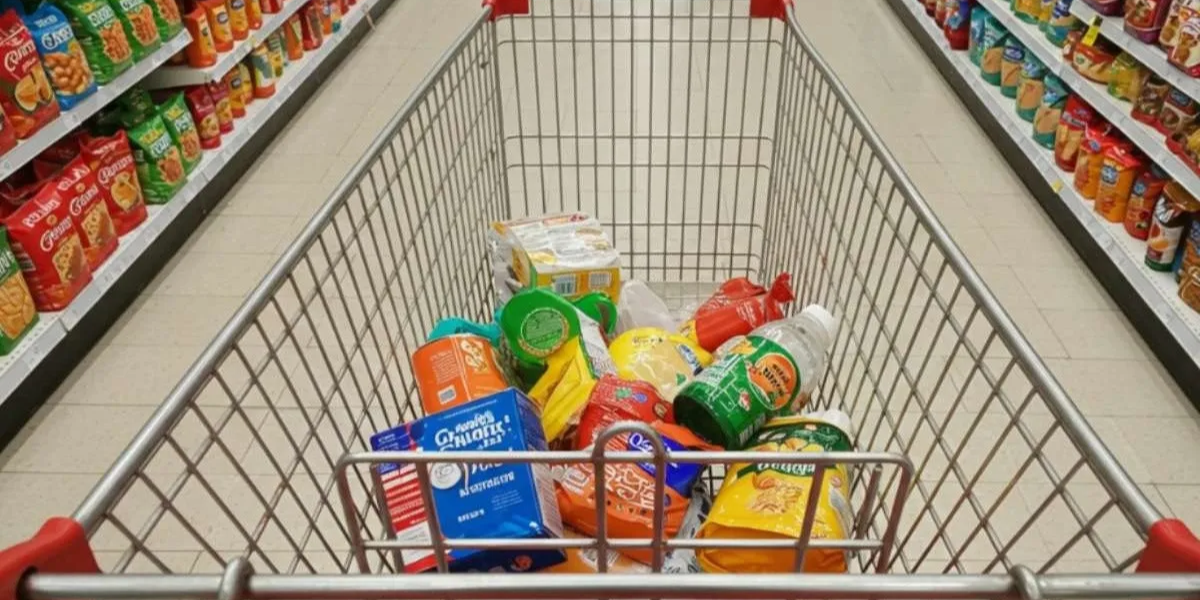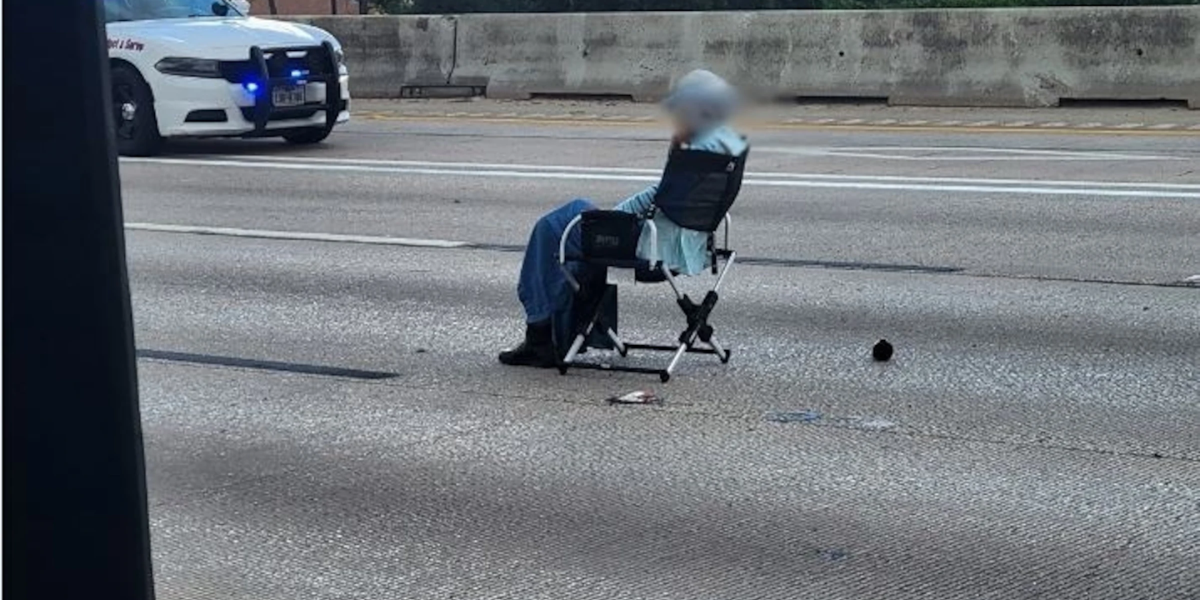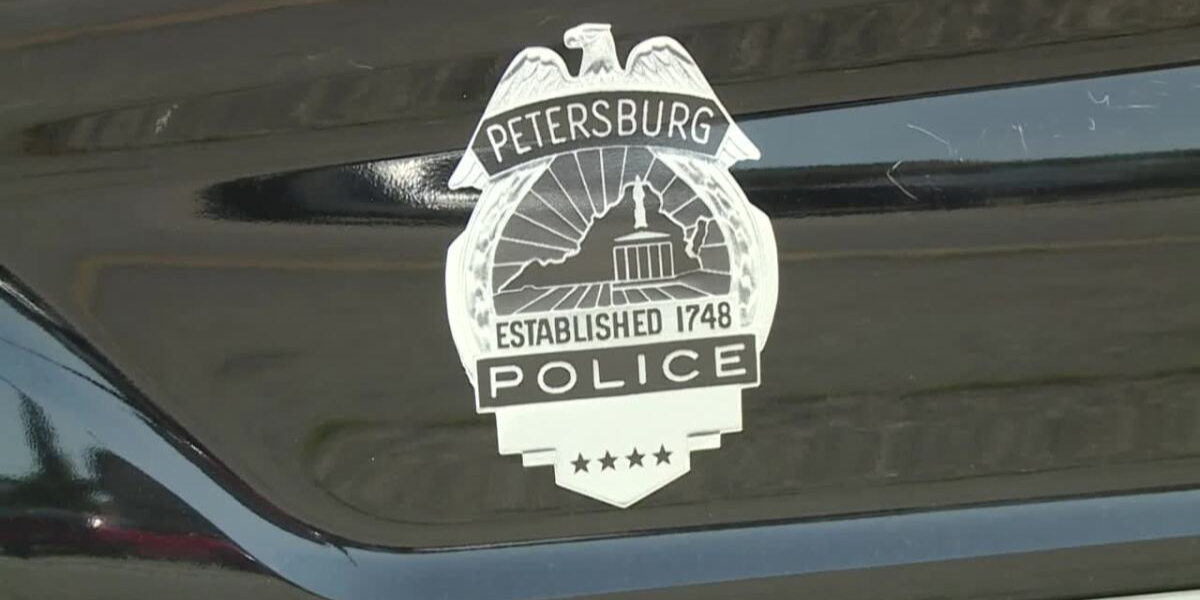Congress is very angry about the “Big Beautiful Bill” because it wants to cut social programs like the Supplemental Nutrition Assistance Program (SNAP) by a lot. With support from President Trump and Republican senators, this plan wants to lower the federal deficit and make the job market stronger. But some people say it could make food shortages worse and leave many people without the help they need. The bill would have the biggest effect on adults who don’t have any children and on people who have been unemployed for a long time.
Reports say the proposed law would make it harder to get SNAP benefits by having more verified work hours and, in some states, cutting the length of benefits. This would hurt rural areas, soldiers who are weak, and families who are going through tough economic times the most. Changes could mean that thousands of people lose their food aid, which worries people who fight for social rights because it could mean more people going hungry and living in poverty.
According to a study by the Center on Budget and Policy Priorities, the Big Beautiful Bill could have a big effect on states with high SNAP participation rates. Benefits from SNAP could be cut by a lot in places like Texas, Florida, Georgia, Louisiana, and Mississippi. Big changes would also happen in cities like New York and Chicago, where SNAP is an important safety net for working families with low incomes.
Over 3 million people in Texas depend on SNAP every month. Up to 20% of current beneficiaries could be at risk because of the new rules that come with the planned changes. Overall, this means that about 3,193,000 people could be impacted. The situation is just as scary in California, where about 645,000 people, or 11% of present recipients, could lose their benefits. About 5,380,00 people in California receive SNAP benefits.
Wyoming would be hurt just as much, even though fewer people would be affected. Out of 29,000 current applicants, only 7,000 could lose their benefits. This is a 24.1% drop, which is a big hit compared to states with more people. This shows how the suggested law would have a wide range of effects in different areas.
Democrats in Congress have said that the planned cuts would make it harder to fight hunger. Their argument is that the bill makes it harder to help people who are weak. The Republicans, on the other hand, support the plan as a way to help people become economically independent. As the legislative calendar goes on, millions of people who get food help from SNAP may have to deal with problems.
The debate over the “Big Beautiful Bill” is a microcosm of the larger national conversation about how to balance social welfare with economic responsibility. Supporters stress the need for strict budgeting, while opponents stress the moral duty to help those who are in need. How this legislative fight turns out will have huge effects on the future of social assistance programs in the US.


 by
by 

